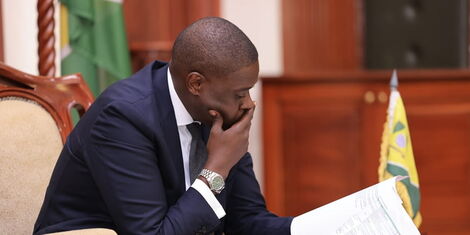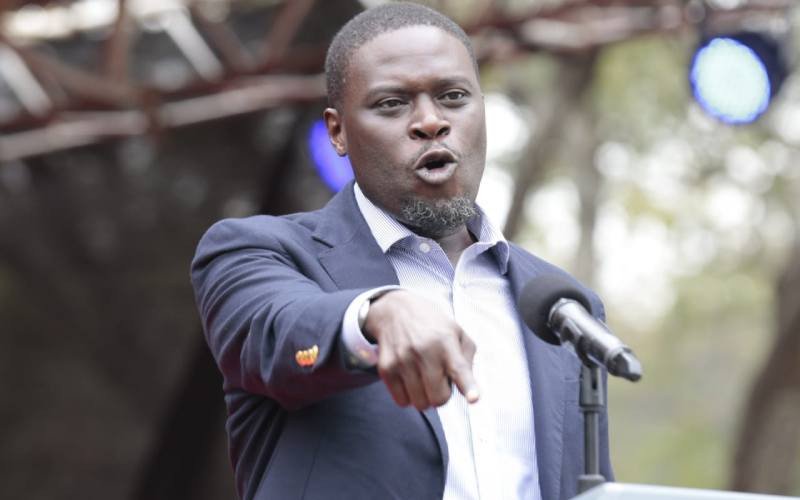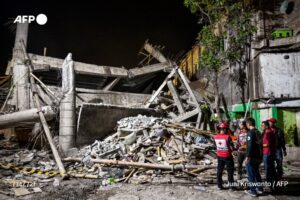

Nairobi County Governor Johnson Sakaja is staring down a political storm as Members of the County Assembly (MCAs) initiate a formal impeachment process, citing a litany of grievances that span service delivery failures, stalled development, and alleged privatization of public health functions.
The motion, spearheaded by Kileleshwa MCA Robert Alai, has already garnered significant traction across party lines, with over 70 MCAs signing in support of the move—well on the way to the 82 signatures required to table the motion officially in the 123-member Assembly.The charges leveled against Sakaja exceed 20 in number and paint a damning picture of his administration.
Among the most serious allegations are:- Mismanagement of county services, including delays in bursary disbursements and the stalling of the Ward Development Fund,Collapsing infrastructure, with MCAs citing numerous stalled projects across Nairobi’s wards,Poor garbage collection and sanitation, which has reportedly worsened in several neighborhoods,Alleged privatization of public health functions, raising concerns over access and equity for Nairobi’s residents.

The impeachment push follows a heated Speaker’s Kamkunji held on August 26, where more than 90 MCAs expressed frustration with Sakaja’s leadership. The bipartisan nature of the revolt—uniting members from both the United Democratic Alliance (UDA) and the Orange Democratic Movement (ODM)—marks a rare moment of political consensus in the Assembly.
South B MCA Chege Waithera, a vocal critic of the governor, stated, “Sakaja has failed to deliver on the promises he made in 2022. We can no longer wait as residents continue to suffer”. She added that the Assembly had lost confidence in the governor’s ability to lead and that the process would proceed with or without executive support.According to Kenyan law, once the required signatures are collected, a formal notice of motion must be tabled and backed by at least one-third of the Assembly.
If admitted, the motion will be debated, and a two-thirds majority vote is needed to pass it. The matter would then move to the Senate, where Sakaja would be given an opportunity to defend himself before a final vote determines his fate.




